As a pet owner, it’s natural to want to provide your furry friend with the best possible nutrition. One way to do this is by incorporating fruits and vegetables into your dog’s diet. Not only can fruits and vegetables provide important vitamins, minerals, and nutrients, but they can also be a healthy alternative to processed dog food.
However, knowing which fruits and vegetables are safe for your dog to eat is important, as some can be harmful or toxic. This article will explore some common fruits and vegetables and whether they are safe for dogs. We will also discuss the benefits of incorporating fruits and vegetables into your dog’s diet and some tips for feeding them safely.
Can Dogs Eat Fruits?
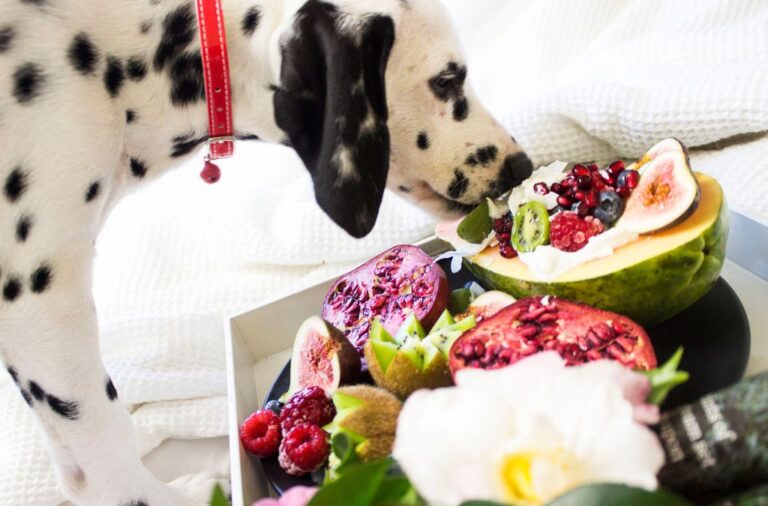
Can Dogs Eat Fruits?
Dogs can eat certain fruits in moderation as they are a good source of vitamins, fiber, and antioxidants. However, some fruits contain high sugar levels or seeds that can harm dogs. Fruits that are safe for dogs to eat include bananas, apples (without seeds), strawberries, blueberries, watermelons (without seeds), and mangoes (without the skin or pit). Introducing new fruits gradually and in small amounts is important to prevent stomach upset.
Vegetables For Dogs
Vegetables For Dogs Vegetables are also a great source of vitamins and fiber for dogs. Some of the best vegetables for dogs include broccoli, green beans, sweet potatoes, carrots, asparagus, and leafy greens like spinach and kale. These vegetables are low in calories and nutrients, making them a healthy addition to your dog’s diet.
Can Dogs Eat Celery?
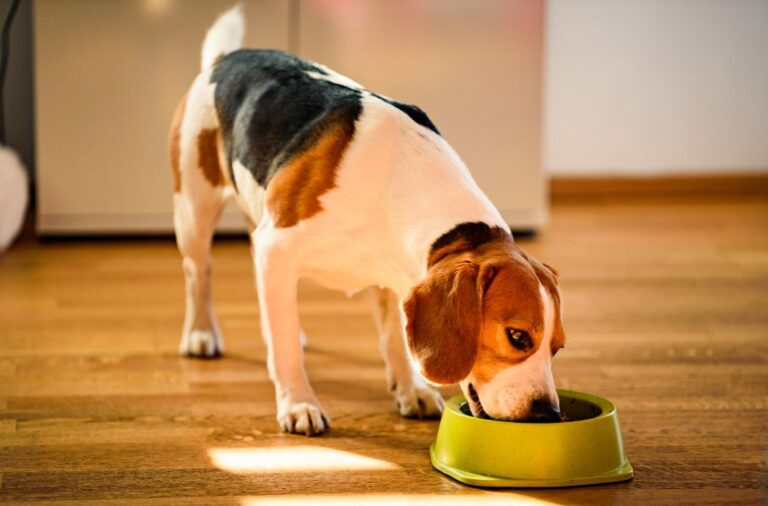
Yes, celery is safe for dogs to eat in moderation. Its calories and fiber are low, making it a healthy dog snack. However, it’s important to cut celery into small pieces to prevent choking and remove leaves, which can be difficult for dogs to digest.
Can Dogs Eat Broccoli?
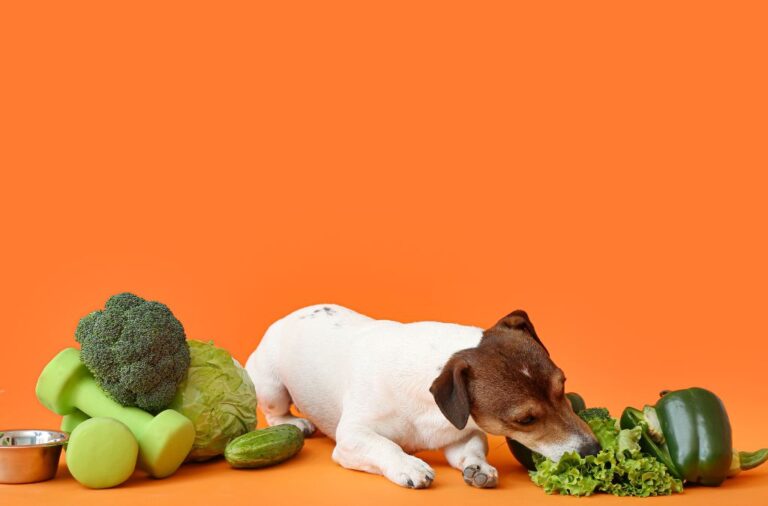
Yes, broccoli is safe for dogs to eat in moderation. It’s a good source of vitamins, fiber, and antioxidants. However, too much broccoli can cause stomach upset in dogs, so it’s important to introduce it gradually and in small amounts.
Can Dogs Eat Peas?
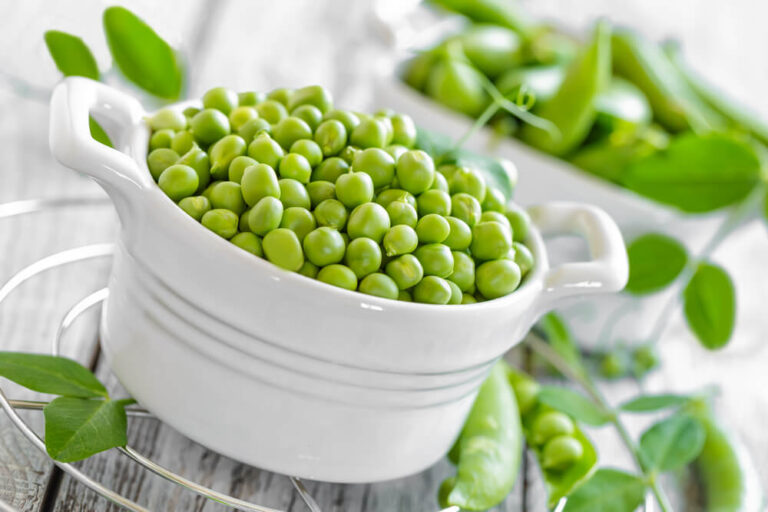
Yes, peas are safe for dogs to eat in moderation. They’re a good source of protein, fiber, and vitamins. However, some dogs may have difficulty digesting peas, so it’s important to introduce them gradually and in small amounts.
Can Dogs Eat Spinach?
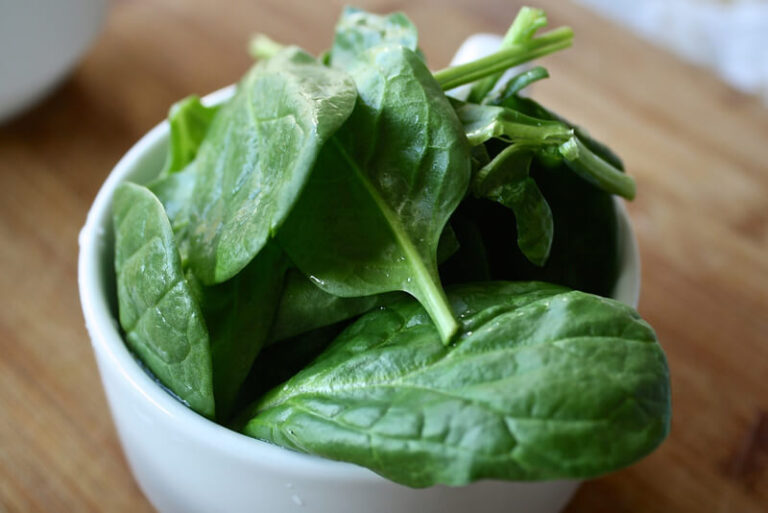
Yes, spinach is safe for dogs to eat in moderation. It’s a good source of vitamins, iron, and antioxidants. However, spinach contains oxalates, which can interfere with calcium absorption and may contribute to the formation of kidney stones in some dogs. Therefore, it’s important to feed spinach in moderation and to avoid feeding it to dogs with a history of kidney problems.
Can Dogs Eat Onions?
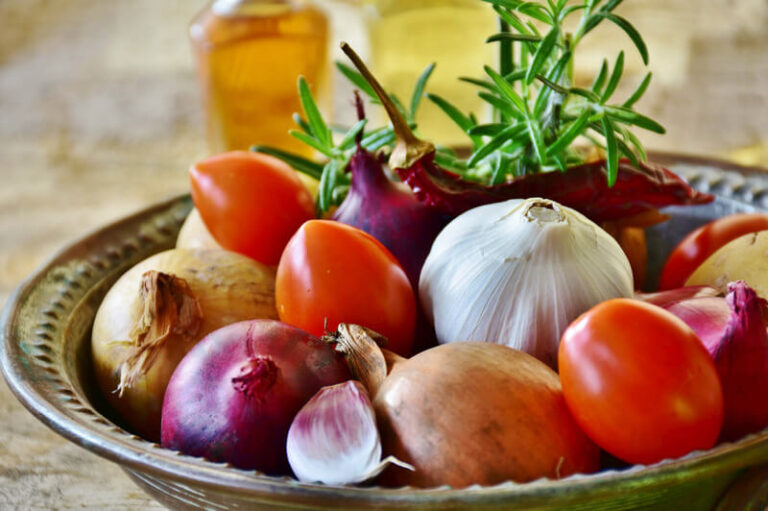
No, dogs should not eat onions. Onions contain compounds that can damage a dog’s red blood cells, leading to anemia. Even small amounts of onion can harm dogs, so keeping all forms of onion, including raw, cooked, and powdered, away from your dog’s food is important.
Can Dogs Eat Mushrooms?
Some mushrooms are safe for dogs, while others can be toxic. It’s best to err on the side of caution and avoid feeding your dog mushrooms unless you are sure they are safe. Toxic mushrooms can cause symptoms such as vomiting, diarrhea, seizures, and even death. Contact your veterinarian immediately if your dog has eaten a toxic mushroom.
Can Dogs Eat Green Beans?
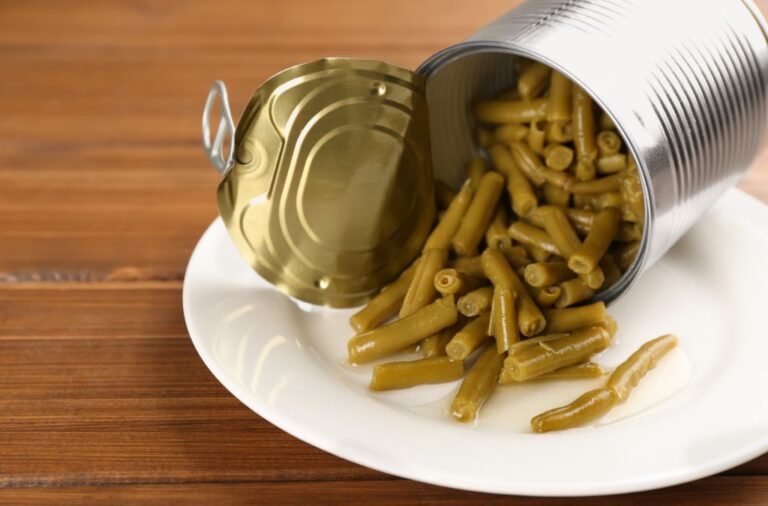
Yes, green beans are safe for dogs to eat. They’re a good source of vitamins, fiber and are low in calories. However, feeding green beans plain is important, without added salt, seasonings, or oils.
Can Dogs Eat Brussel Sprouts?
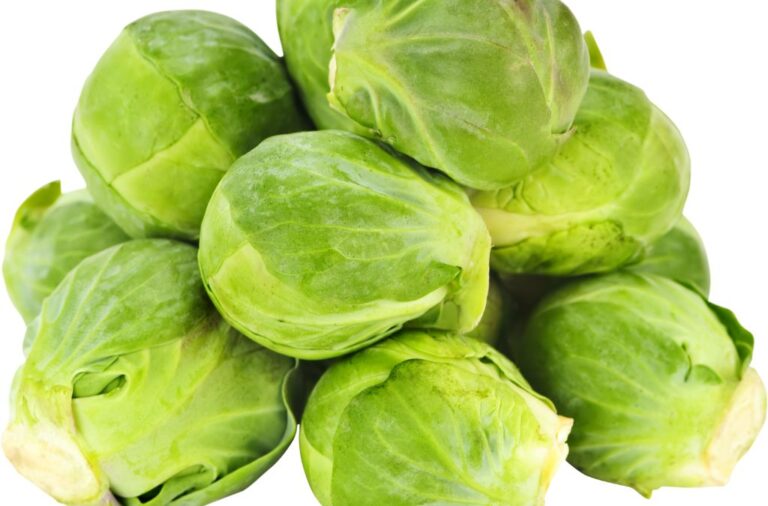
Yes, dogs can eat Brussels sprouts in moderation. They’re a good source of fiber, vitamins, and antioxidants. However, some dogs may experience gas or bloating after eating Brussels sprouts, so it’s important to introduce them gradually and in small amounts. Additionally, dogs with thyroid problems should avoid eating Brussels sprouts as they contain goitrogens, which can interfere with thyroid function.
Can Dogs Eat Carrots?
Yes, dogs can eat carrots. Carrots are a great source of fiber, vitamins, and beta-carotene, which can help improve vision and boost the immune system. Raw or cooked carrots can be given to dogs as a healthy treat, but cutting them into small pieces is important to prevent choking.
Can Dogs Eat Asparagus?
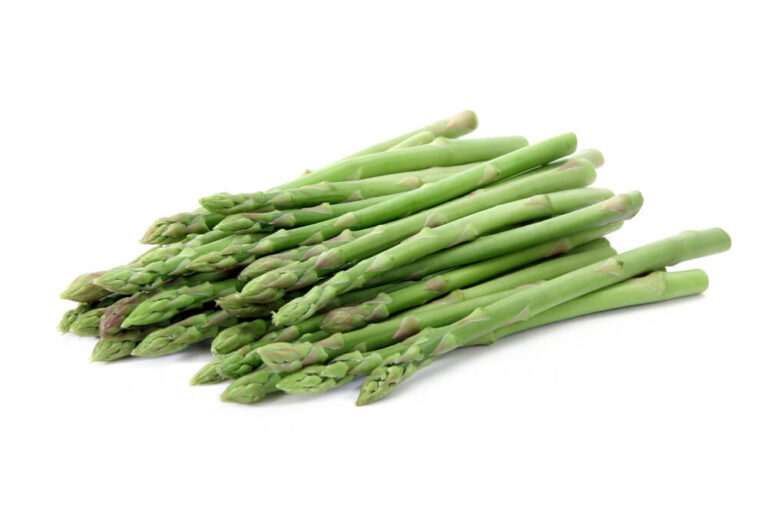
Yes, dogs can eat asparagus. Asparagus is a good source of vitamins, fiber, and antioxidants. However, asparagus in moderation is important to avoid feeding the tough, woody ends. Some dogs may also experience gas or digestive upset after eating asparagus, so it’s important to introduce it gradually and in small amounts.
Fruits For Dogs
Fruits For Dogs Some fruits that are safe for dogs to eat in moderation include bananas, apples (without seeds), strawberries, blueberries, watermelon (without seeds), and mangoes (without the skin or pit). Other fruits, such as grapes, raisins, and cherries, should be avoided as they can be toxic to dogs.
Can Dogs Eat Pineapple?
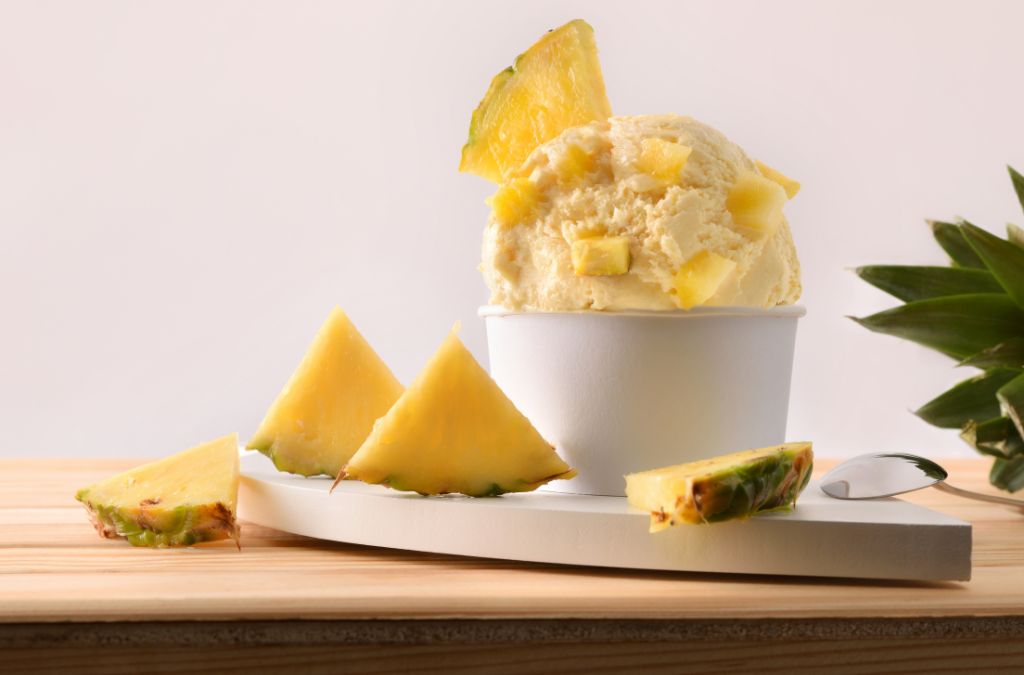
Yes, dogs can eat pineapple in moderation. Pineapple is a great source of vitamins and minerals, including vitamins C, B6, and potassium. It also contains a natural enzyme called bromelain, which can aid digestion and reduce inflammation. However, pineapple should be given to dogs in moderation and as a treat rather than a regular part of their diet. Too much pineapple can cause digestive upset and diarrhea due to its high fiber content and natural sugars.
Removing the tough outer skin and the hard center of the pineapple is also important, as these parts can be difficult for dogs to digest and may pose a choking hazard. Additionally, it’s important to always consult with your veterinarian before introducing new foods to your dog’s diet.
Can Dogs Eat Strawberries?
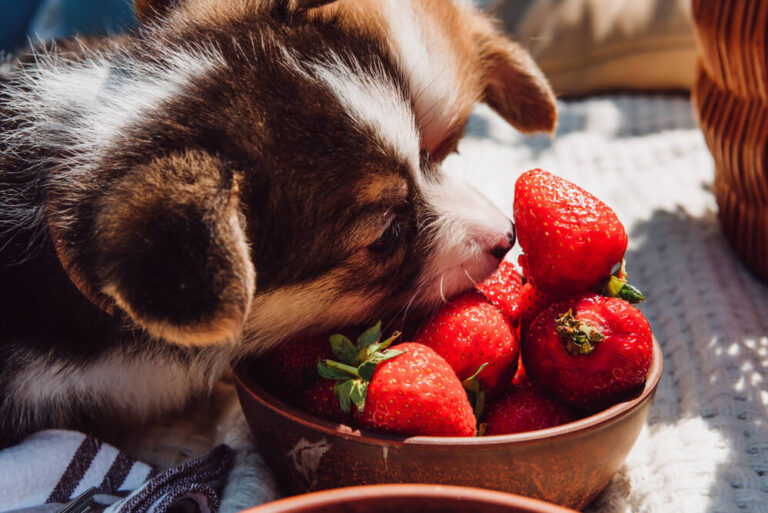
Yes, dogs can eat strawberries. Strawberries are a good source of vitamins, fiber, and antioxidants. They’re also low in calories, making them a healthy dog treat. However, removing the stem and leaves before feeding strawberries to your dog is important, as they can be difficult to digest.
Can Dogs Eat Raspberries?

Yes, dogs can eat raspberries. Raspberries are a good source of fiber, vitamins, and antioxidants. They’re also low in calories, making them a healthy dog treat. However, it’s important to feed raspberries in moderation and to avoid feeding large quantities as they can cause digestive upset. It’s also important to remove the leaves and stems before feeding raspberries to your dog.
Can Dogs Eat Pears?
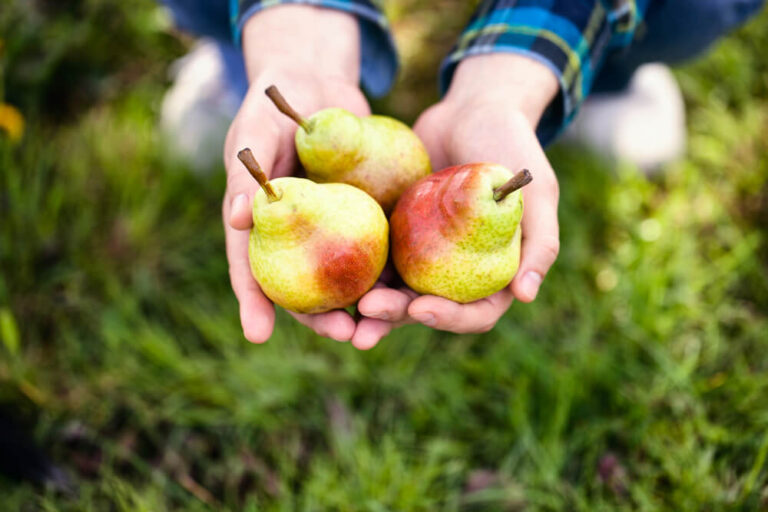
Yes, dogs can eat pears. Pears are a good source of vitamins, fiber, and antioxidants. They’re also low in calories, making them a healthy dog treat. However, it’s important to remove the seeds and core before feeding pears to your dog, as they can be difficult to digest and may cause digestive upset.
Can Dogs Eat Peaches?
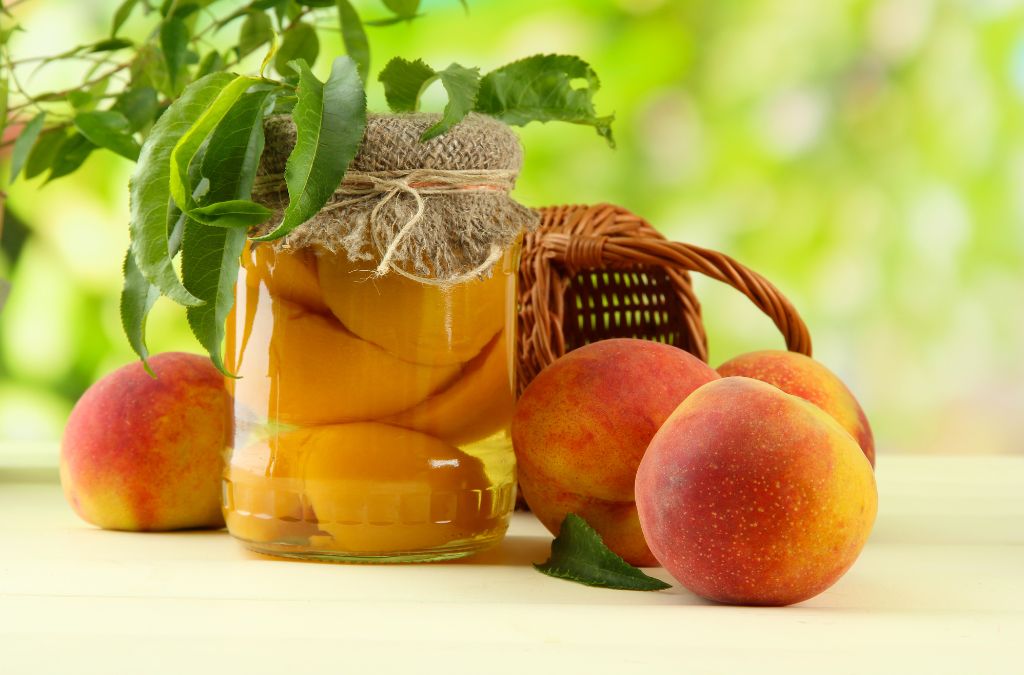
Yes, dogs can eat peaches. Peaches are a good source of vitamins and antioxidants. However, it’s important to remove the pit before feeding peaches to your dog, as it contains cyanide which can be toxic in large quantities. Feeding peaches in moderation is also recommended, as they contain natural sugars that can cause digestive upset in some dogs.
Can Dogs Eat Oranges?

Yes, dogs can eat oranges. Oranges are a good source of vitamins, fiber, and antioxidants. However, it’s important to feed oranges in moderation and to remove the seeds and peel them before feeding them to your dog. The acidic nature of oranges can also cause digestive upset in some dogs, so it’s best to introduce them gradually and in small amounts.
Can Dogs Eat Mango?
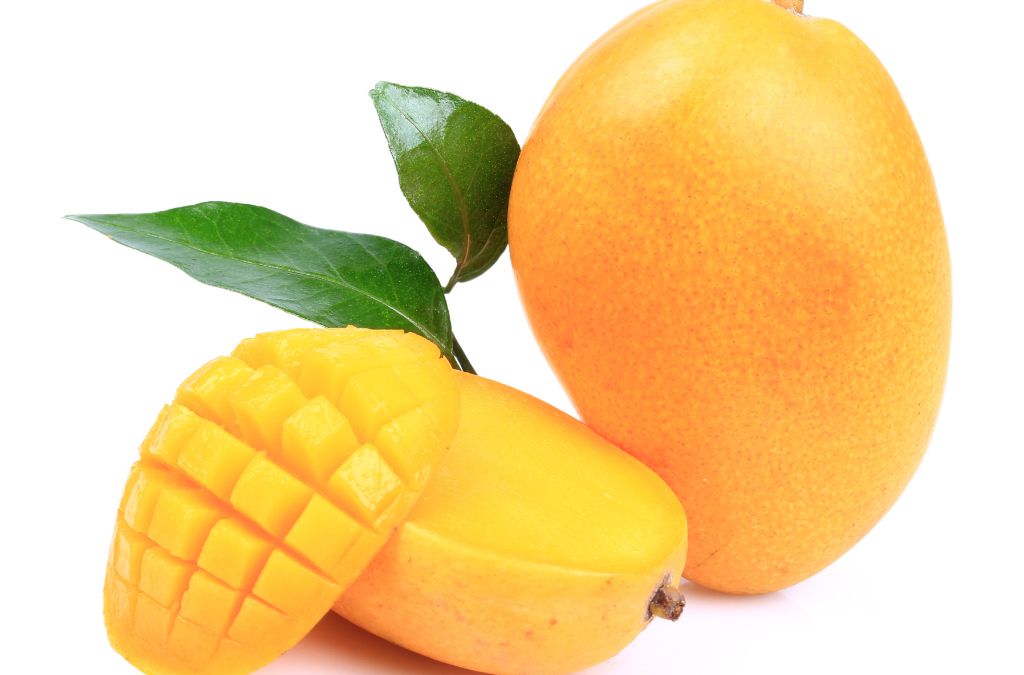
Yes, dogs can eat mango. Mangoes are a good source of vitamins, fiber, and antioxidants. However, removing the skin and pit before feeding mangoes to your dog is important. The skin can be difficult to digest, while the pit contains a small amount of cyanide which can be toxic in large quantities.
Can Dogs Eat Grapes?
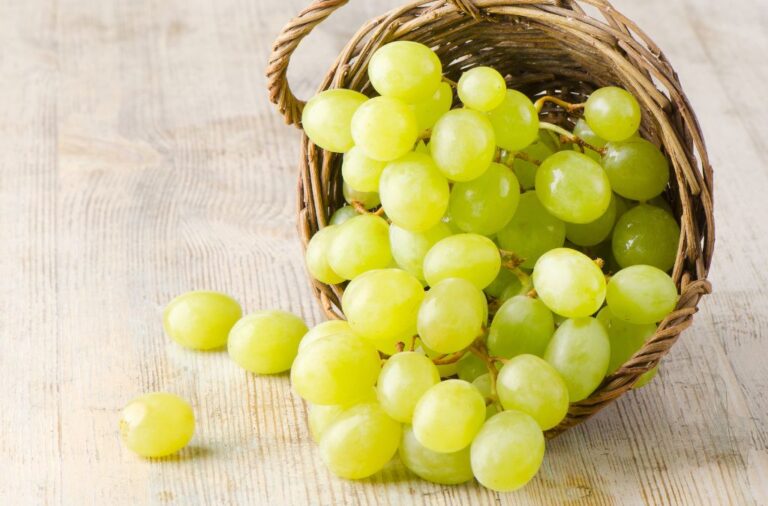
Dogs should not eat grapes. Grapes and raisins can be toxic to dogs and cause kidney failure. Even small amounts of grapes or raisins can be dangerous, so it’s best to avoid feeding them to your dog.
Can Dogs Eat Cucumbers?
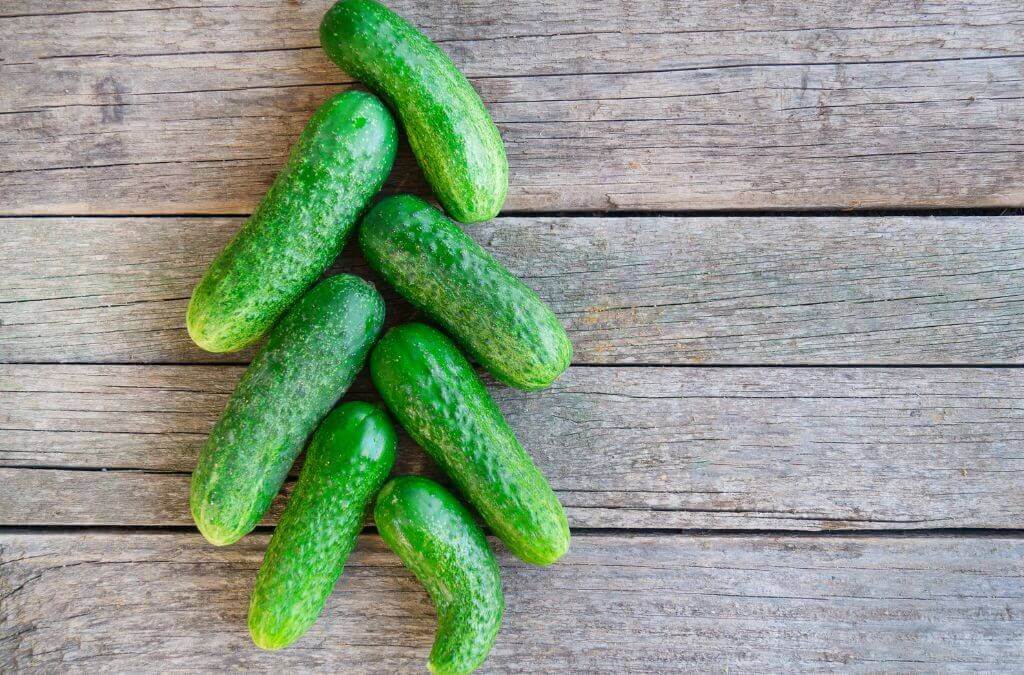
Yes, dogs can eat cucumbers. Cucumbers are low in calories and a good source of vitamins and hydration. They’re also a good option for dogs who need to lose weight or have digestive issues. However, cutting cucumbers into small pieces is important to prevent choking.
Can Dogs Eat Cranberries?
Yes, dogs can eat cranberries. Cranberries are a good source of antioxidants and help promote urinary tract health. However, it’s important to feed cranberries in moderation and to avoid feeding them in large quantities, as they can cause digestive upset. It’s also best to feed cranberries in a pureed or dried form, as the juice can contain added sugars that can harm dogs.
Can Dogs Eat Watermelon?
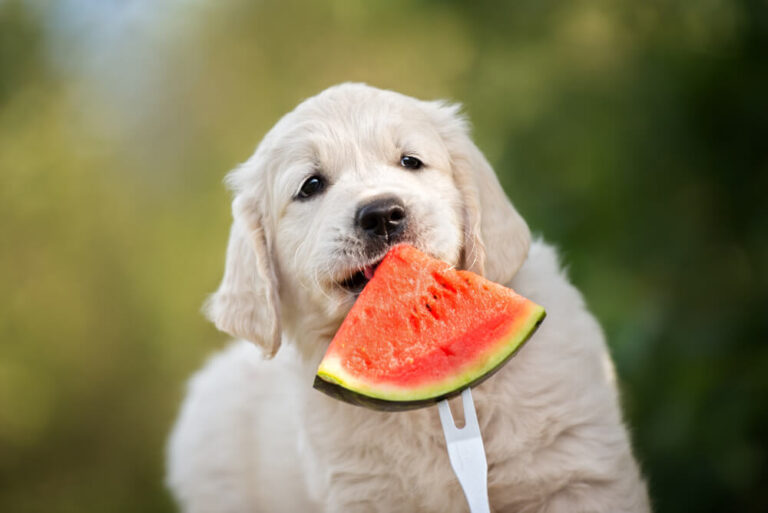
Yes, dogs can eat watermelon. Watermelon is a good source of vitamins, fiber, and hydration. However, it’s important to remove the seeds and rind before feeding watermelon to your dog, as they can be difficult to digest and may cause digestive upset.
Can Dogs Eat Cherries?
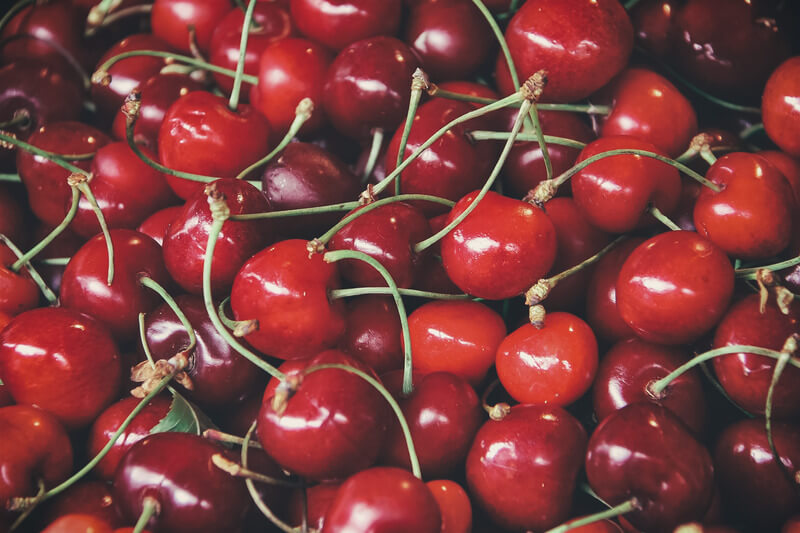
No, dogs should not eat cherries. While the flesh of the cherry itself is not necessarily toxic to dogs, the pit and stem of the cherry contain cyanide, which is highly toxic to dogs (and humans).
Cyanide can cause difficulty breathing, dilated pupils, red gums, shock, and even death. Even if you remove the pit and stem, cherries are still not recommended for dogs as they are high in sugar and can cause digestive upset, including diarrhea. Additionally, some dogs may have an allergic reaction to cherries.
If your dog has accidentally consumed cherries or any other toxic substance, it’s important to contact your veterinarian immediately for advice on how to proceed.
Can Dogs Eat Tomatoes?
Tomatoes are generally safe for dogs to eat, but it’s important only to feed them in moderation and to avoid feeding the leaves and stems, which can be toxic. The ripe flesh of the tomato is safe for dogs to eat, but the green parts of the tomato plant, including the unripe fruit and the stems and leaves, contain solanine, which can harm dogs.
Can Dogs Eat Cantaloupe?
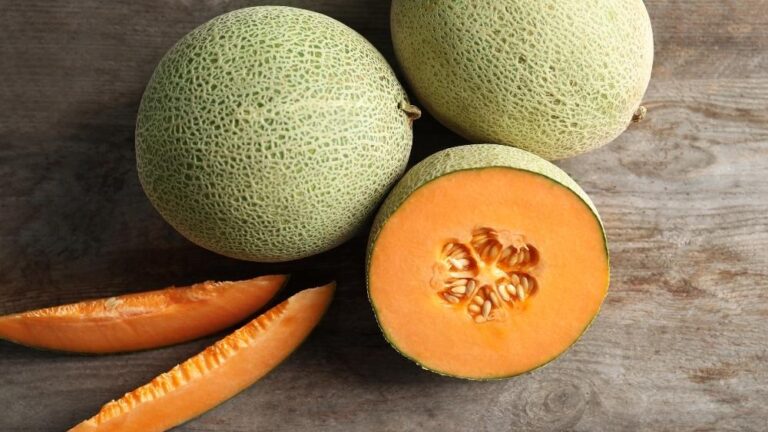
Yes, dogs can eat cantaloupe in moderation. Cantaloupe is a good source of vitamins A, B6, C, fiber, and potassium. However, remove the rind and seeds before feeding them to your dog, as they can cause digestive issues.
Can Dogs Eat Blueberries?

Yes, blueberries are safe for dogs to eat in moderation. They are a good source of fiber, antioxidants, and vitamins C and K. Blueberries also have anti-inflammatory properties that can benefit dogs with certain health conditions.
Can Dogs Eat Bananas?

Yes, dogs can eat bananas in moderation. Bananas are a good source of vitamins and minerals, including potassium, fiber, vitamin C, and vitamin B6. However, bananas are high in sugar and can cause digestive issues if given in large amounts.
Can Dogs Eat Apples?
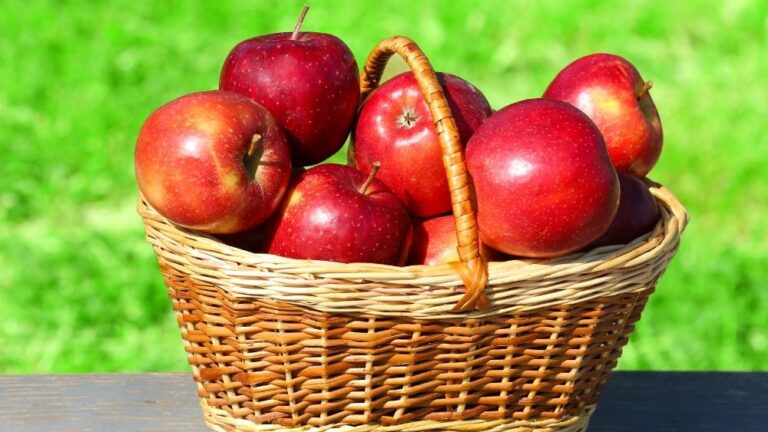
Yes, dogs can eat apples in moderation. Apples are a good fiber and vitamin C source and can also help freshen your dog’s breath. However, remove the core and seeds before feeding apples to your dog, as they contain small amounts of cyanide that can be harmful in large amounts.
Can Dogs Eat Avacado?

No, dogs should not eat avocados. Avocado contains a toxin called persin, which can harm dogs in large amounts. Additionally, the high-fat content in avocado can cause digestive issues and even pancreatitis in dogs.
Conclusion
Dogs can eat various fruits and vegetables in moderation as part of a balanced diet. Fruits and vegetables can provide important vitamins, minerals, and nutrients that benefit your dog’s health. However, it’s important to research and consult your veterinarian before introducing new foods to your dog’s diet, as some can be harmful or toxic.
Additionally, it’s important to feed fruits and vegetables in moderation and as part of a balanced diet that meets your dog’s nutritional needs.




